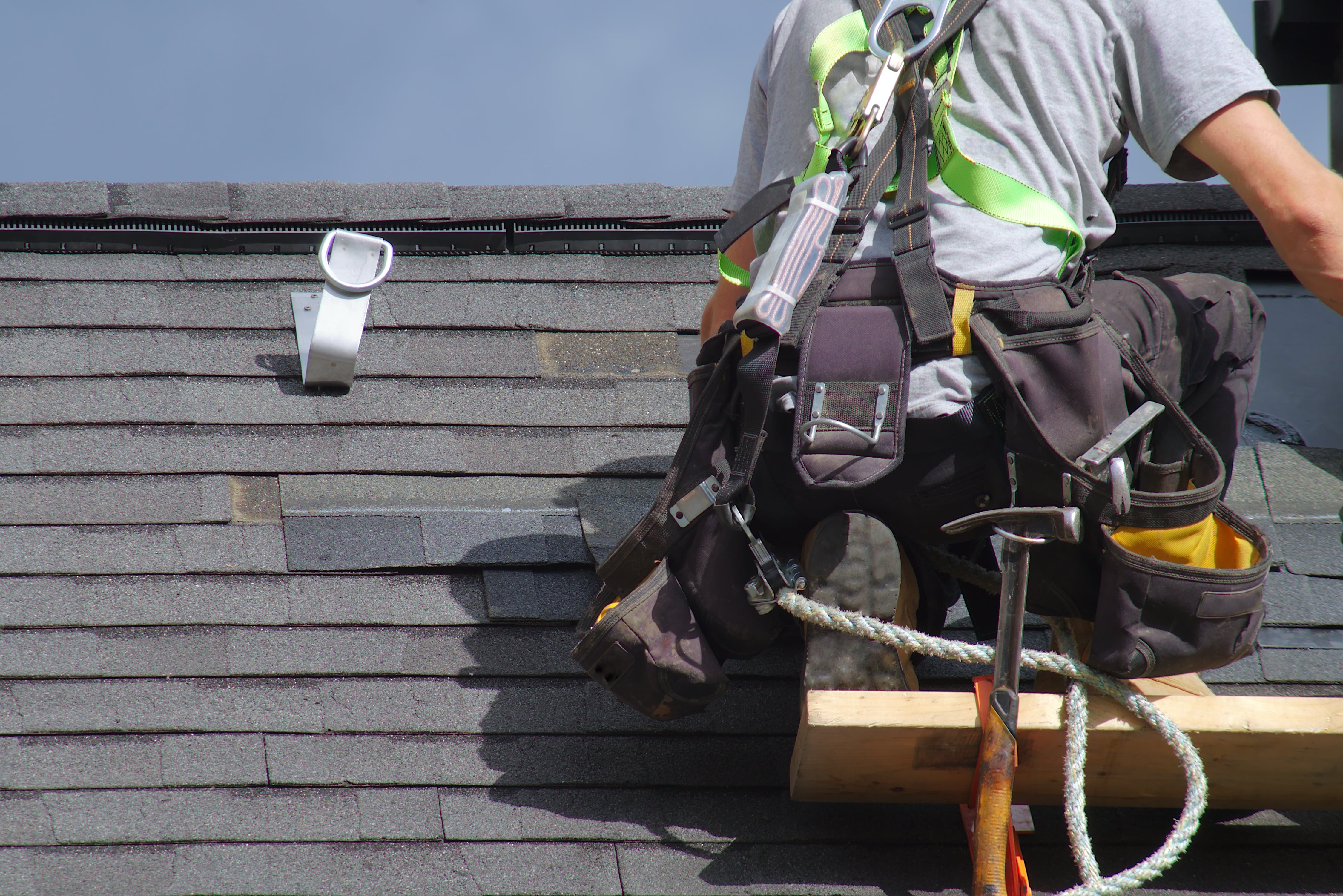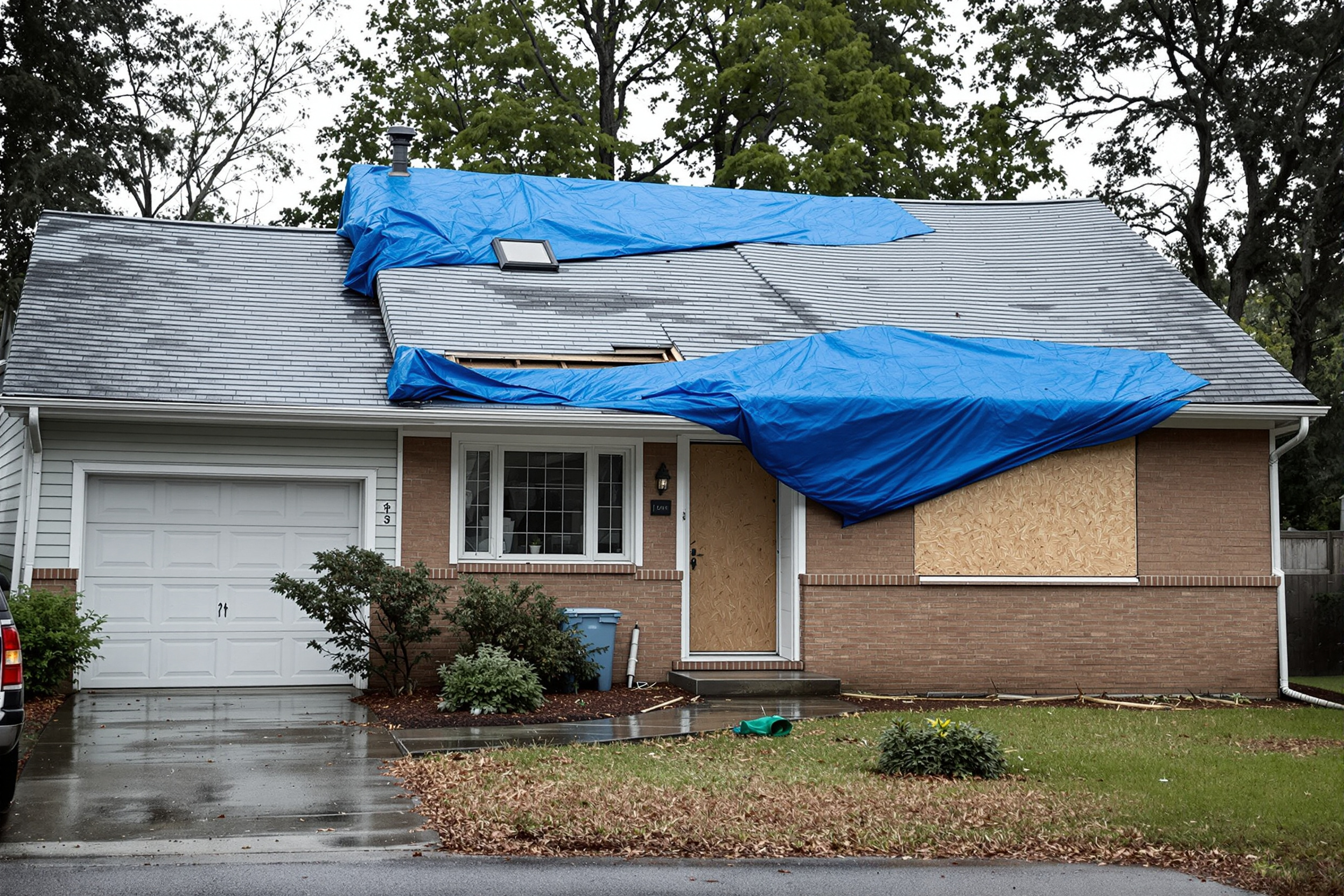Umbrella insurance is a topic surrounded by plenty of misinformation. Some of the biggest misconceptions we see include:
- People believe that adding an umbrella policy to their existing homeowners insurance is enough to provide comprehensive liability coverage for their rental property.
- Landlords skimping on their landlord insurance and thinking they’ll get the coverage they need through their umbrella policy.
- People not understanding what’s covered vs. not covered under their umbrella insurance policy.
That's why you need to understand how umbrella insurance works and the type of coverage that works best with it.
In this article, you’ll learn how umbrella insurance can protect you as a landlord and what coverage you need to have in place for your rental property.
What Is Umbrella Insurance for a Rental Property?
Umbrella insurance is a policy intended to provide coverage over and above an existing policy's coverage. For landlords, getting umbrella insurance for your rental property offers an extra layer of protection alongside your liability insurance, covering you against potential financial losses from liability lawsuits with significant damages.
While your standard landlord insurance provides liability coverage, its limit may not sufficiently cover claims arising out of a liability lawsuit. That means you might have to pay the remaining portion of the liability claim out of pocket.
When a liability claim exceeds the limit of the landlord's primary insurance policy, the umbrella policy can cover the remaining amount, up to its own limit. However, it's important to note that while the coverage limit of an umbrella policy is typically much higher than the limit of the underlying policy, it may vary depending on the policy and the insurance provider. In a scenario where a liability claim exceeds the limit of the primary policy and the umbrella policy, you may still be responsible for paying the remaining amount out of your own pocket. Therefore, it’s essential for landlords to review the terms and conditions of their umbrella policy to understand the specific coverage limit and any other exclusions or conditions that may apply.
What Umbrella Insurance Does (and Doesn’t) Cover for Rental Properties
While umbrella insurance offers extra protection in addition to your liability coverage, it's important to note that this coverage is more specific. While the coverage details can vary, it is generally understood that umbrella insurance may cover:
- Lawsuits from bodily injuries of third parties on your property
- Legal expenses from liability lawsuits
- Damage or loss of a third party's property on your property.
- Damage to a third party's property by your tenant
There are also exceptions to the coverage provided by your umbrella insurance. While many insurers offer broad umbrella policies, their coverage typically excludes the following events:
- Property damage, intentional or accidental damage to your property, even by a tenant or other parties, is only covered under the property coverage policy.
- Personal injuries you might sustain on your property
- Punitive damages
- Business or professional activities, such as rental businesses operating under a limited liability company (LLC)

What Many New Landlords Get Wrong with Umbrella Insurance
If you're a new landlord, you may assume that adding an umbrella insurance policy to your current homeowners insurance policy is sufficient. However, this common mistake can leave you with significant gaps in your coverage. Umbrella policies give you extra liability coverage, but their protection and effectiveness depend on the existing primary insurance policy.
A homeowners insurance policy covers owner-occupied homes, not rental properties. So, when you convert a primary residence to a rental property, you need to switch to a different type of insurance policy: landlord insurance.
Why? Renting out a property exposes you to more risks than you would face as a homeowner living on the property with no tenants. Landlord insurance covers some of the most common gaps in coverage that arise, including tenant-caused damage, tenant liability claims, and loss of rental income due to covered perils.
Benefits of Umbrella Insurance for Rental Property Owners
As a rental property owner, you may hesitate to add the cost of an umbrella policy to your existing coverage. However, understanding the benefits and potential cost savings of having umbrella insurance on top of your existing policies can help make the investment worth it:
- Expanded coverage limits: Umbrella insurance provides additional liability coverage that goes beyond the limits of your existing policies, granting you extra protection in case of expensive claims or lawsuits.
- Protection from unforeseen events: With umbrella insurance, you may have protection from events not covered by your underlying policies, such as injuries suffered by tenants or their guests or legal disputes related to landlord-tenant issues, like wrongful eviction or discrimination claims.
- Dependable coverage: Umbrella insurance provides reliable coverage that can kick in when your primary insurance policies have been exhausted, ensuring you and your rental property are protected when you need it most.
- Long-term cost savings: Compared to the expense of facing a lawsuit or liability claim, umbrella insurance can be a cost-effective solution for rental property owners.
Is an Excess Liability Policy The Same as an Umbrella Policy?
Excess liability and umbrella coverage are terms often used interchangeably. However, the two policies are quite different.
Excess liability allows you to increase the limit of your existing liability policy coverage. An umbrella policy often expands the liability coverage of an existing policy, not just in claim limit but also in its coverage scope. Unlike an excess liability policy, an umbrella policy's scope can be broader than the coverage in the underlying policy.
How to Get Umbrella Insurance for Your Rental Property
If you're considering umbrella insurance for your rental property, here's what you need to know about the process of obtaining a policy:
- Analyze your existing liability coverage. Begin by assessing your current liability policies. Determine if they offer you adequate coverage for potential risks. Once you know what you already have, weigh the benefits and risks of adding an umbrella policy.
- Determine your coverage amount. Estimate your rental property’s value, your assets, and your potential risks. It will help you decide how much coverage you need. Also, remember that your base landlord policy may have a deductible you must pay before the insurance kicks in, so keep that in mind as you determine coverage levels.
- Shop for insurance providers. Research insurance companies that offer umbrella policies to see which one would be the best fit for you. When getting quotes, inquire about applicable policy exclusions and restrictions, as some may have an exclusion for commercial activity.
- Review your policy. Once you’ve found an appropriate insurance provider and policy for your rental property, review the policy before signing anything. Ensure you understand the terms, coverage amounts, limitations, and exclusions. Ask questions and clarify uncertainties before finalizing your policy.
Do You Have the Right Insurance for Your Rental Properties?
Umbrella insurance offers rental property owners the value of extra protection, stepping in to cover significant financial liabilities beyond the limits of standard landlord insurance. However, it's a good idea to ensure this coverage is layered onto a good landlord policy, and not just on top of homeowners insurance, to avoid any gaps in coverage.
To ensure you have the most comprehensive protection for your rental properties, get a free instant quote from Obie. With easy-to-use tools and customizable coverage, Obie offers an efficient and hassle-free solution for landlord insurance.







